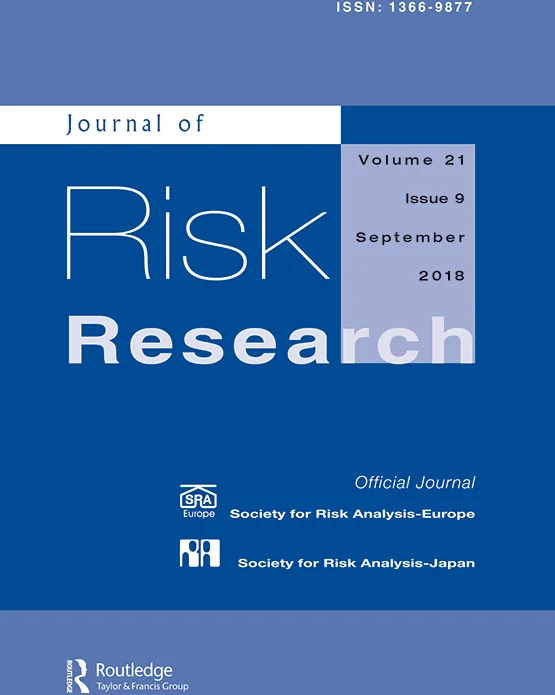科学家建议,部长决定?冠状病毒大流行期间科学专业知识在英国政策制定中的作用
IF 1.7
4区 管理学
Q1 SOCIAL SCIENCES, INTERDISCIPLINARY
引用次数: 3
摘要
摘要新冠肺炎是一场变革性危机,摧毁了日常生活,并造成了最近记忆中一些最重大的健康、社会和经济挑战。同样,冠状病毒也迫使政治发生重大变化,在危机时期将注意力重新集中在政治和决策结构上。这种转变体现在科学顾问在政府决策最前沿的作用上。科学建议为政府应对疫情提供了重要的知识和见解。然而,冠状病毒大流行也突显了科学与政治相结合的复杂性,以及区分专家建议和政治或道德选择的困难。这种复杂性需要重新考虑科学对决策的影响。也就是说,从长远来看,政府专家的增长早在冠状病毒大流行之前就开始了。这种扩散在一定程度上是出于改善政策制定的愿望,因为显然需要有效地咨询、考虑政府各领域专家的建议,并根据他们的建议采取行动。尽管如此,社会变革,如对政府的信任度下降,也意味着专家建议可以越来越多地被用作合法或非政治化辩论的工具。考虑到抗击全球疫情的复杂性,这掩盖了必须在更广泛的背景或操作考虑范围内有效审查建议——政府不能简单地“遵循科学”。冠状病毒突出表明,需要重新关注专业知识和政策制定的相互作用,考虑向谁、为什么以及在什么基础上向政府提供建议,以及他们从中吸取了什么教训。本文章由计算机程序翻译,如有差异,请以英文原文为准。
Scientists advise, ministers decide? The role of scientific expertise in UK policymaking during the coronavirus pandemic
Abstract COVID-19 has been a transformational crisis, uprooting everyday lives and causing some of the most significant health, social, and economic challenges in recent memory. Similarly, coronavirus has also forced significant political change, refocusing attention on politics and policymaking structures during a time of crisis. This shift is exemplified by scientific advisers’ role at the forefront of governmental decision-making. Scientific advice has provided vital knowledge and insight into the government’s pandemic responses. However, the coronavirus pandemic has also highlighted the complex nature of combining science with politics, as well as the difficulties involved in distinguishing between expert advice and political or moral choices. Such complexity warrants a reconsideration of science’s impact on policymaking. Namely, from a long-term view, the growth of governmental experts started well before the coronavirus pandemic. Partly, this proliferation is driven by a desire to improve policymaking, given that there is a clear need to effectively consult, consider, and act on the advice of experts in all fields of government. Nevertheless, societal changes like a declining trust in government also mean that expert advice can increasingly be used as a tool to legitimate or depoliticise debates. Considering the complexity of fighting a global pandemic, this belies that advice must be effectively scrutinised within broader contextual or operational considerations – a government cannot simply ‘follow the science’. Coronavirus highlights the need for a renewed focus on the interplay of expertise and policymaking, considering who, why, and on what basis governments are advised – as well as what lessons they draw from it.
求助全文
通过发布文献求助,成功后即可免费获取论文全文。
去求助
来源期刊

Journal of Risk Research
SOCIAL SCIENCES, INTERDISCIPLINARY-
CiteScore
12.20
自引率
5.90%
发文量
44
期刊介绍:
The Journal of Risk Research is an international journal that publishes peer-reviewed theoretical and empirical research articles within the risk field from the areas of social, physical and health sciences and engineering, as well as articles related to decision making, regulation and policy issues in all disciplines. Articles will be published in English. The main aims of the Journal of Risk Research are to stimulate intellectual debate, to promote better risk management practices and to contribute to the development of risk management methodologies. Journal of Risk Research is the official journal of the Society for Risk Analysis Europe and the Society for Risk Analysis Japan.
 求助内容:
求助内容: 应助结果提醒方式:
应助结果提醒方式:


